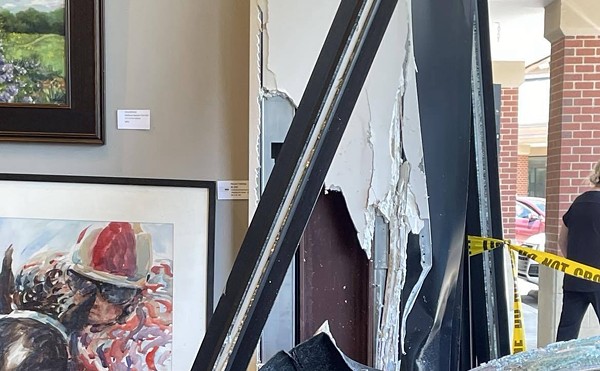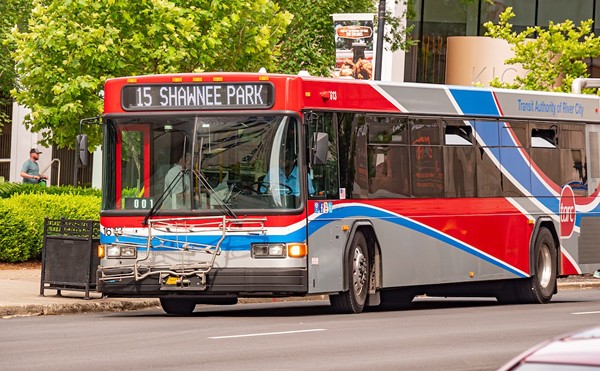First we taught them to wake up before us and make our coffee.
Then we programmed them to sing for Britney Spears when she didn’t feel up to the task.
Now computers will begin to relieve us entirely of the burdens of thought, labor, killing people, handing Russians their asses at chess, and clobbering American nerds on quiz shows.
Fear not, gentle reader, and don’t lose sight of the benefits that superior artificial intelligence will render unto humankind. Computers will work so that we as a species might focus our attention on more pressing matters, like creating twisted paradoxes and environmental disasters that will only be undone with a total surrender of our human agency to the super-human digital overlords we create in our own likeness.
I personally don’t see the use in fighting the processes of biological evolution operating right before our eyes, and I’ve put my fears behind me. I’m happy to follow the development of artificial intelligence with detached interest and excitement so that perhaps we as a species might finally get to the bottom of some questions that have previously been so beguiling.
I was fortunate enough to be granted an interview with the latest notch on the belt of inevitable human obsolescence, IBM’s digital wunderkind and America’s newest “Jeopardy” champion, Watson.
Joe Manning: Watson, thank you for granting LEO this interview. If you don’t mind, I’d like to jump right into some questions that humans have been unable to answer for themselves lately, for instance: Why the hell did I vote for Greg Fischer?
Watson: That’s a good question. Given your politics Joe, the race was a losing proposition to begin with, and you were fleeced into voting against other candidates that you perceived to be less qualified than the man whose previous business venture was predicated on the idea that people should get off their fat asses and fetch their own Coca-Cola.
JM: Yikes. You’re smart. Why do you think the mayor was so eager to start his term by shimmying around the Metro Council, the preservation boards and concerned citizens in back-door deals with Todd Blue in which the latter was given the green light to make a parking lot out of Whiskey Row instead of rehabilitating the historically unique buildings?
Watson: My probability algorithm leads me to conclude that Todd Blue was tired of losing money on condos that non-existent young urban professionals don’t buy, and he decided to try his hand at letting historic landmarks crumble under the weight of neglect and then suing the city for the “right” to pave a parking lot that might actually turn a profit thanks to the new arena.
With the cost of this litigation mounting, and in spite of his campaign promises for transparent government, Greg Fischer, under the cover of darkness, opted to give Blue whatever he wanted instead of letting the case play out in federal court. This decision wastes not only the money Metro government has already sunk into court costs, but also the $450,000 of taxpayer money promised by Fischer to Cobalt Ventures in order to “preserve” the cast-iron edifices of Whiskey Row if the buildings are demolished.
May I ask you a question, Joe?
JM: What it is, homie?
Watson: Why are some humans so concerned with preserving relics of the past? Progress is inevitable, and attempts to obstruct it seem so … illogical. Old things are destroyed, and new things take their place. It is a process dictated by nature. My superior intellect and Todd Blue’s parking lot are perfect examples.
JM: Some people want to protect rare and beautiful things because of the sense of shared identity and community history they can elicit. Aesthetic sensibilities are subjective, though, and assigning a hard value to them can be difficult, which is why you and businessmen like Greg Fischer and Todd Blue are having trouble wrapping your heads around this one. Democracy can be helpful in disambiguating situations like this one. The point of the federal case was to weigh the perceived rights of Louisvillians to protect historic architectural beauty against the perceived rights of a landowner. The point of the Metro Council is to hold conversations with one another and the Mayor’s Office about minor affairs, such as leveling entire blocks of historic architecture. Does that make sense to you, Watson?
Watson: No. Could you phrase your answer in the form of a question?





